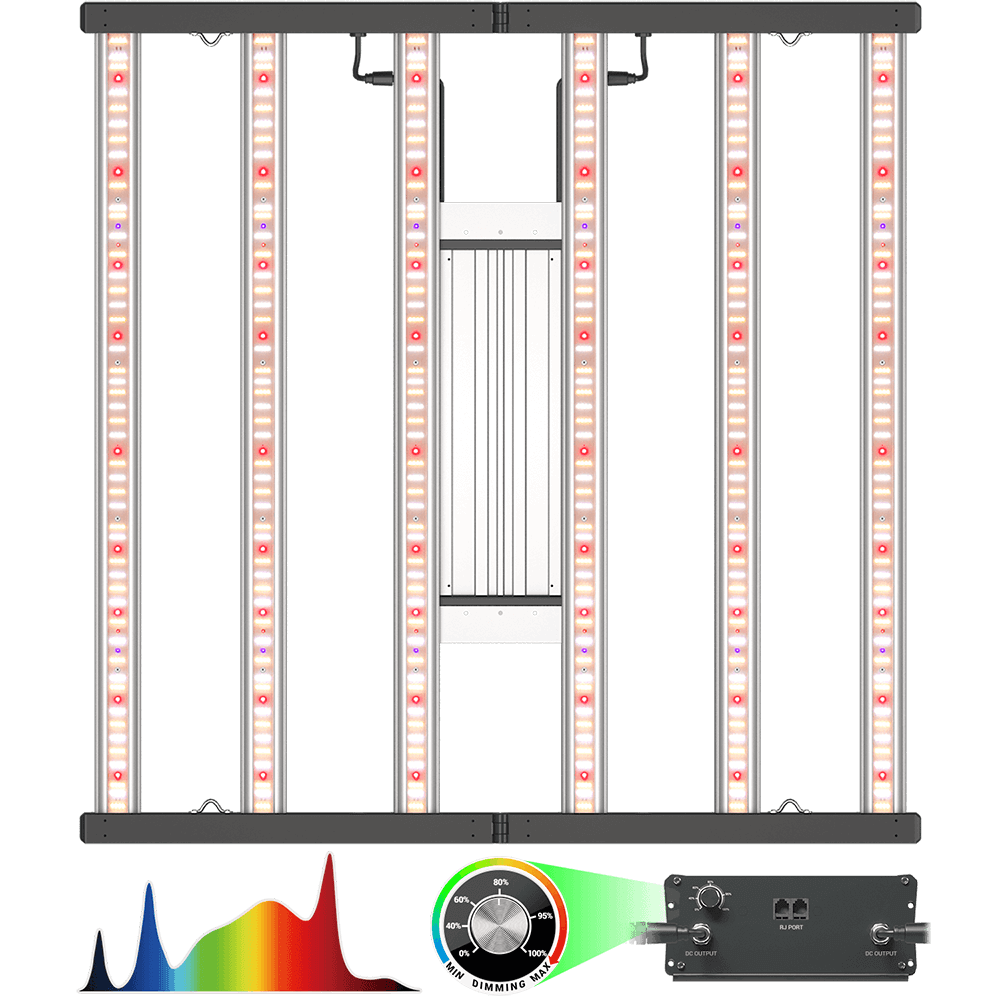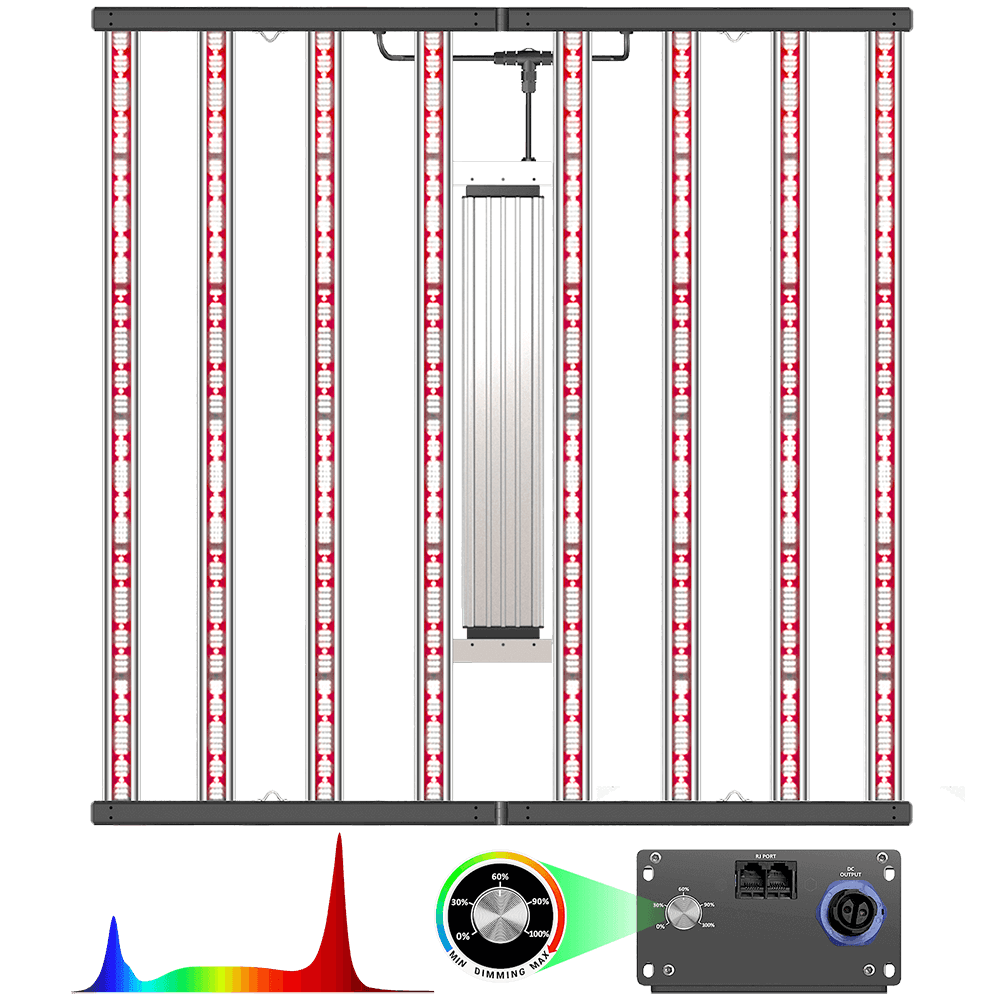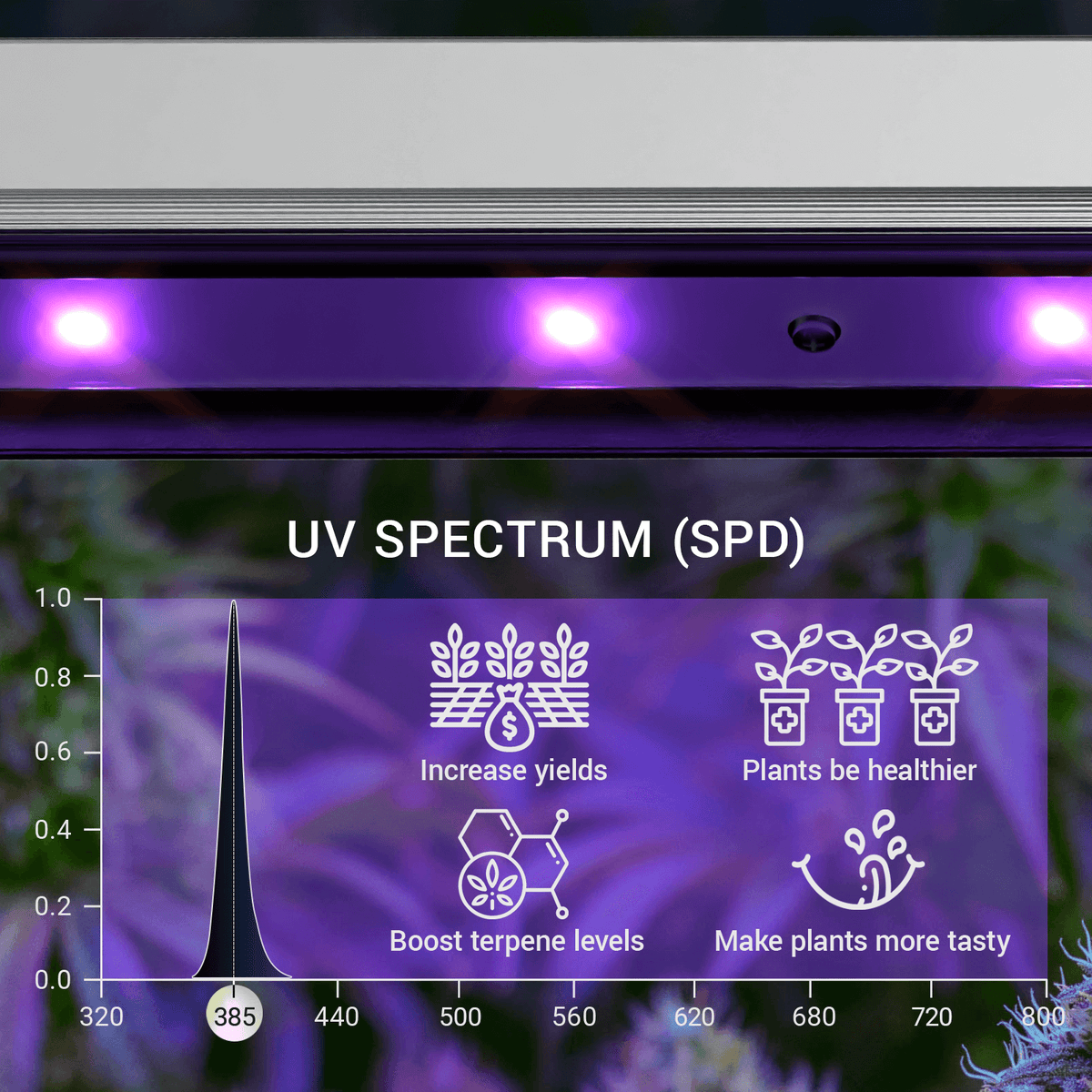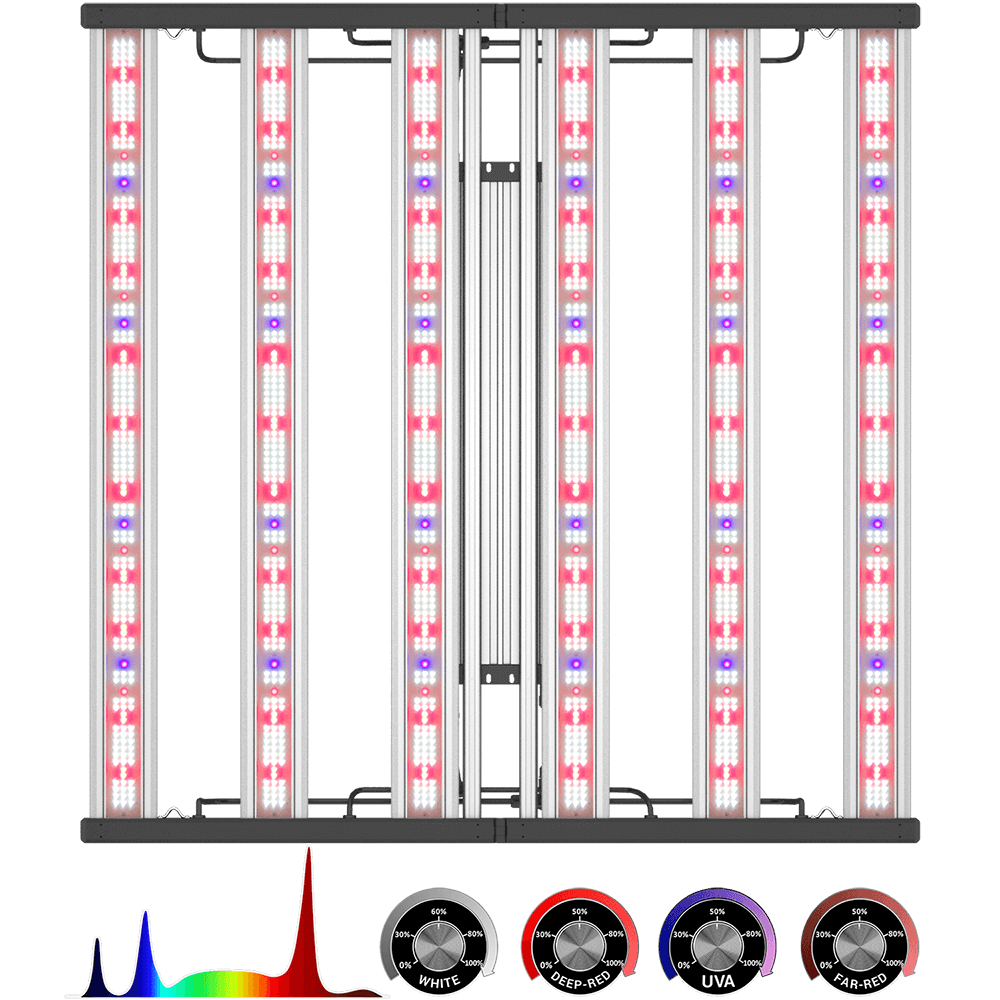THC and CBD: Similarities and Differences
Cannabis is a plant that contains a variety of chemical compounds, including cannabinoids. Two of the most well-known cannabinoids are tetrahydrocannabinol (THC) and cannabidiol (CBD). While both THC and CBD are found in cannabis, they have different effects on the body.
Similarities:
THC and CBD both interact with the endocannabinoid system in the body. This system is responsible for regulating a variety of physiological processes, including appetite, mood, and pain sensation. Both THC and CBD can bind to cannabinoid receptors in the body, which can lead to changes in these processes.
THC and CBD also have some similar medicinal properties. Both compounds have been shown to have anti-inflammatory effects, which can help reduce pain and swelling. Additionally, both THC and CBD have been studied for their potential anti-cancer properties.
Differences:
One of the main differences between THC and CBD is their psychoactive effects. THC is the compound responsible for the "high" that is often associated with cannabis use. This is because THC can bind to cannabinoid receptors in the brain, which can lead to feelings of euphoria and altered perception. CBD, on the other hand, does not have psychoactive effects.
THC and CBD also have different medicinal properties. While both compounds can help reduce pain and inflammation, THC has been shown to be more effective at reducing nausea and vomiting. Additionally, THC has been studied for its potential to increase appetite, which can be beneficial for people with certain medical conditions.
In summary, THC and CBD are two of the most well-known cannabinoids found in cannabis. While both compounds interact with the endocannabinoid system in the body and have some similar medicinal properties, they also have important differences. THC is responsible for the psychoactive effects of cannabis and has different medicinal properties than CBD. Understanding these differences can help people make informed decisions about using cannabis for medicinal or recreational purposes.














